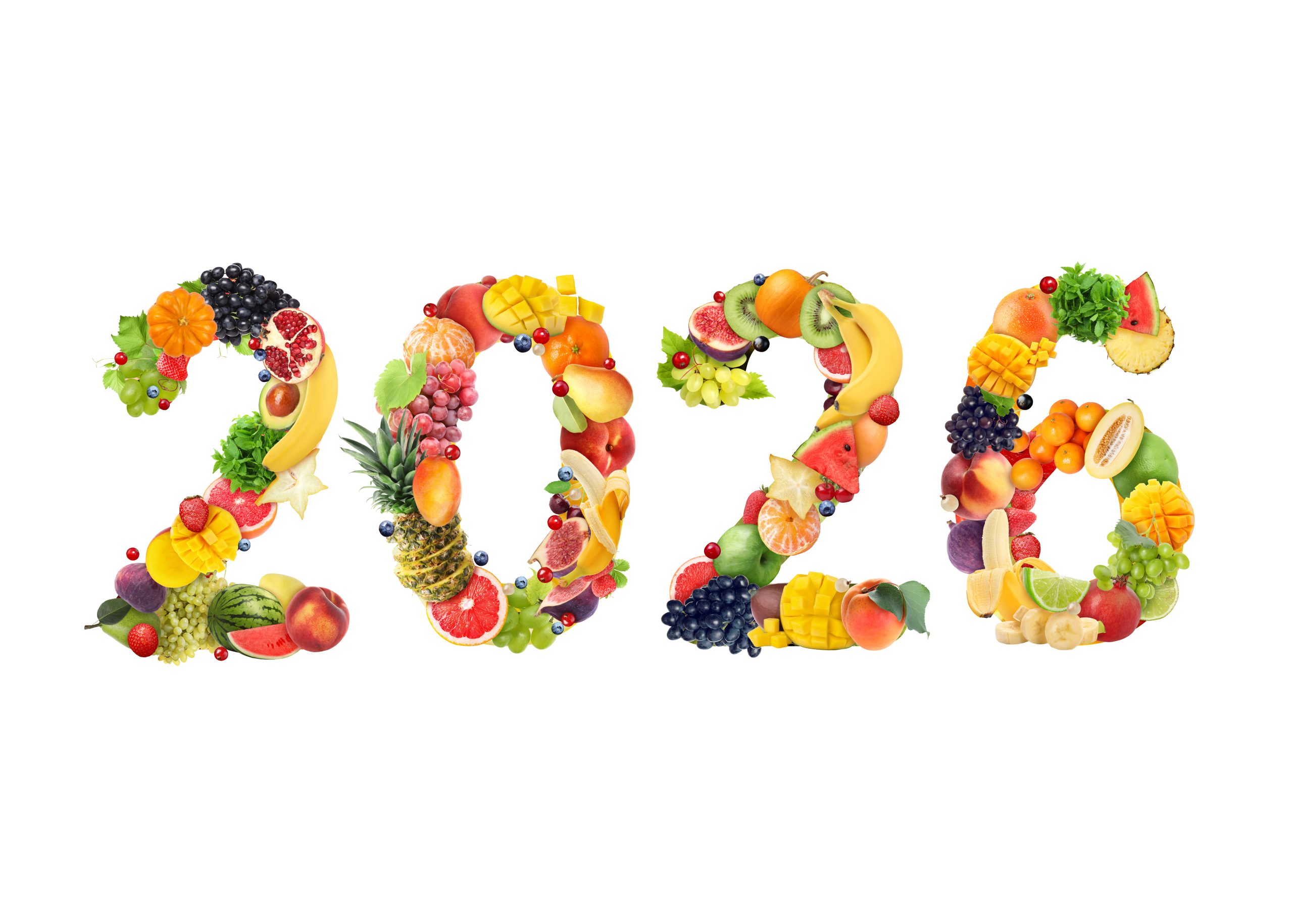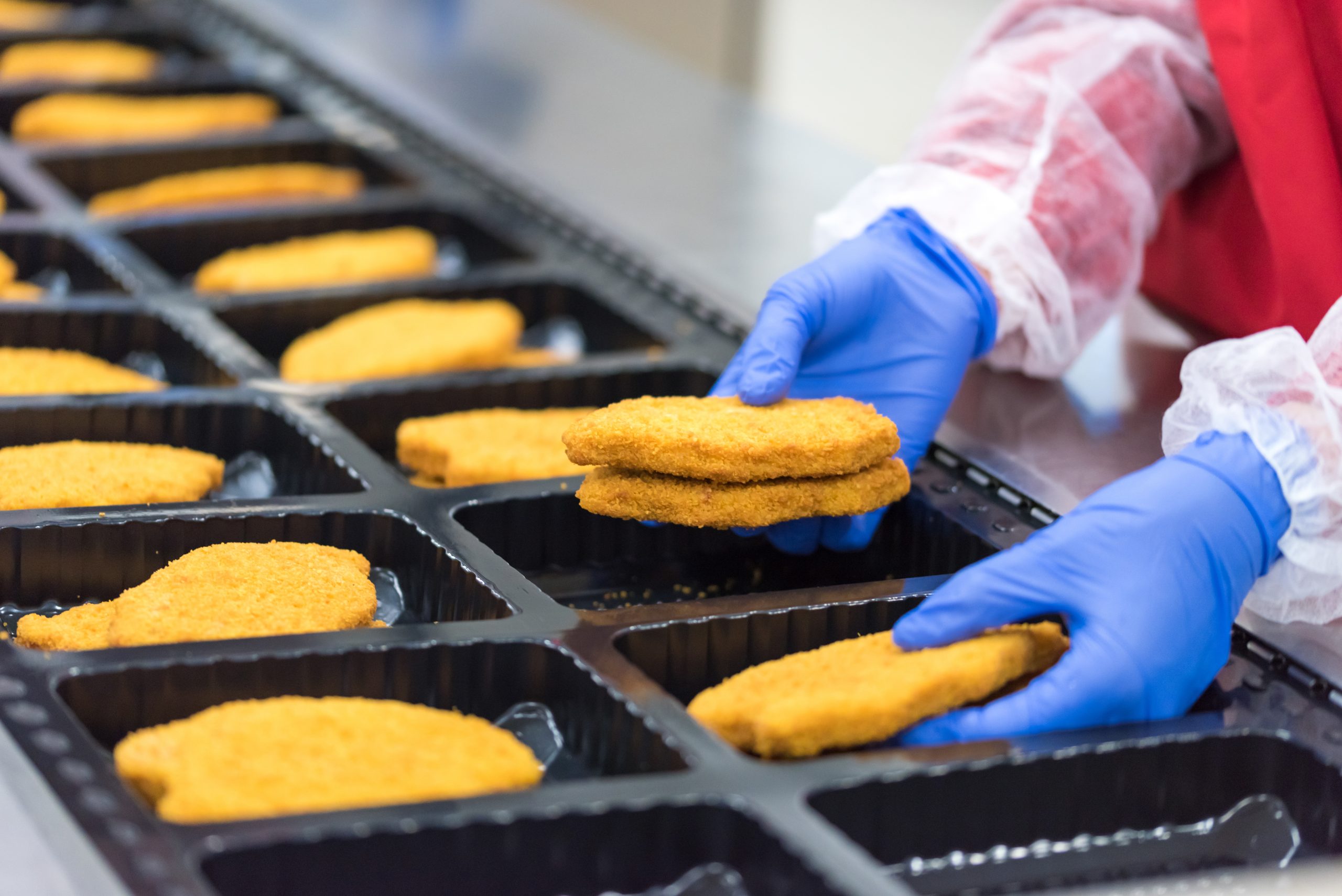In response to the recent events SNEB has shared these helpful resources from the Food Solutions New England Network as they work to transform the food system so that it is sustainable, just and resilient:
Racial Equity Challenge Resources – food systems; 21-day challenge and learning materials. I am sharing some additional resources.
Books
Two books that have stayed with me: The Spirit Catches You and You Fall Down:A Hmong Child, Her American Doctors and the Collision of Two Cultures – Ann Fadiman (with a 52-page preview) is a book I read many years ago and have re-read since then. It is a deeply moving story about how cultures collide in the health arena with a terrible outcome. Although not nutrition and food focused, it holds many lessons for anyone working with other communities. Leah Fenniman’s Farming While Black (with a 77-page preview) is a comprehensive and informative book about black-led agriculture. More about Leah Fenniman. Here is one reading list for learning about race and food @
A Reading List for Learning About Race and Food
The University of Minnesota Press is making racial justice titles available for free reading online through August 31, 2020 and there are a few nutrition and food-related titles.
Stories…
I start with stories because they are powerful and have staying power. (Note: The stories below are about the field of dietetics yet ring true for nutrition educators as well.)
**On being a black dietitian is an honest and raw article because before sharing experiences and offering some suggestions the author shares how very hard it is to share these hard truths.
**Diversity and equality shares how limited resources and being valued affects self-image for the author.
**My journey to becoming an RDN is about the importance of representation as an intern, at conferences, at the workplace and the hurtful judgments of others.
**Culture shock shares examples of overt racism and the value of mentors and support.
**5 ways RDNs can serve Latino and Hispanic populations addresses food deserts, addressing barriers and more.
**Doubling down on diversity looks at how to diversify and 5 things we can do: recognize our biases, learn how we can address our biases, connect mentors to those seeking them or be a mentor, share diversity approaches that work with others and ask about how your organization/workplace/internship is addressing diversity.
New perspectives…
Different groups require different approaches. Here are some ideas to consider.
**Latina bloggers healthiest food tricks provides many great ideas including using more spices, salsas and much more!
**Your nutrition advice won’t help if it’s not culturally sensitive also includes many tips such as intentional listening and asking questions to start where others are.
**Food for Black Thought Blog. Food for Black Thought is an action education initiative grounded in Black food histories, knowledge and experiences.
**Podcasts in Color to find other podcasts including food and health.
**Redefining Health and Wellness With Shohreh Davoodi focuses on intuitive eating with such episodes as intuitive eating and body image in Latinx communities (Ep. 41, April 14, 2020) and the nuances of intuitive eating in black communities (Ep. 20, Nov. 19, 2019).
**Toasted Sister podcast – radio about Native American food.
**Diversify Dietetics, a community dedicated to increasing racial and ethnic diversity and its Feed Me the Facts podcast
continue reading
Related Posts
It’s a Busy Time for Nutrition. What’s Happening A current
The New Year is a time to look ahead…for dietary
SNAP benefits may have resumed but Dr. Marion Nestle assesses



